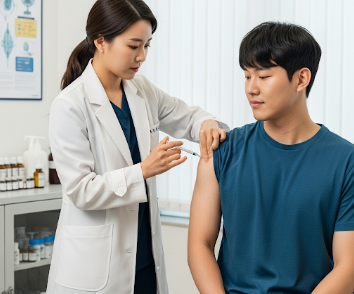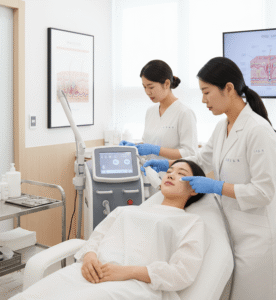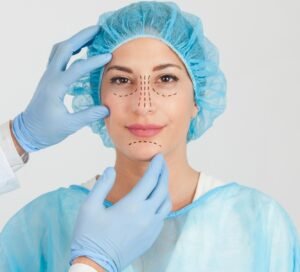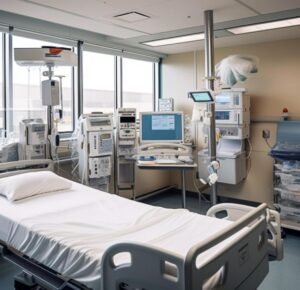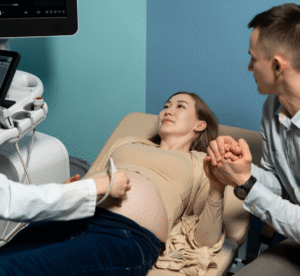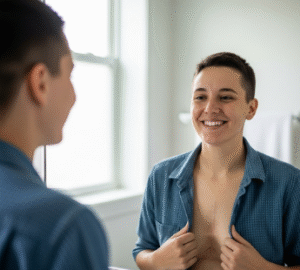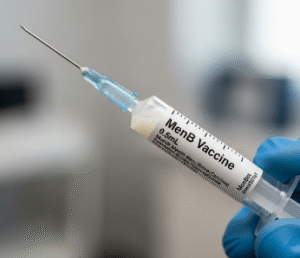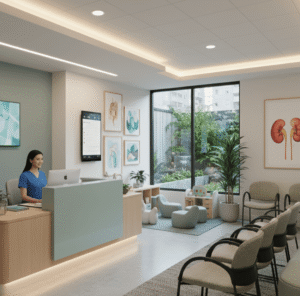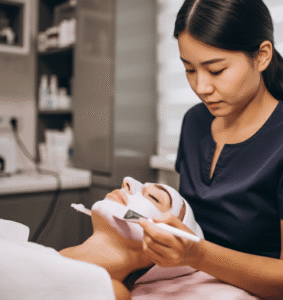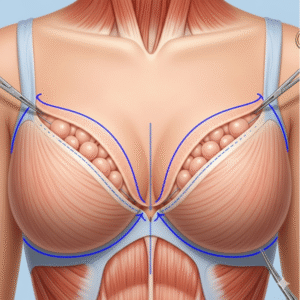Overview
Allergy shots, also known as allergen immunotherapy, are a medical treatment designed to reduce or eliminate allergic reactions by gradually exposing the immune system to small, controlled doses of allergens. This therapy is commonly used for allergic rhinitis, asthma, insect venom allergies, and certain environmental allergies.
In Korea, allergy shots are administered in specialized allergy and immunology clinics, using personalized protocols based on skin testing and allergen identification. The therapy is considered safe, effective, and long-term, often resulting in a significant reduction in symptoms and medication use.
What is Allergy Shots?
Allergy shots involve injecting small amounts of allergens into the skin over time to help the immune system build tolerance.
How it works:
- Immune system gradually becomes less reactive to allergens
- IgE-mediated allergic responses are reduced
- Can prevent progression of allergic rhinitis to asthma in some cases
Common allergens treated include:
- Pollen (trees, grasses, weeds)
- Dust mites
- Animal dander
- Mold spores
- Insect venom (bee or wasp stings)
Key points:
- Requires initial allergy testing (skin prick or blood test)
- Administered as a series of injections over several months to years
- Highly effective for persistent or severe allergic conditions
What are the benefits?
- ✅ Reduces allergy symptoms such as sneezing, runny nose, itchy eyes, and congestion
- ✅ Decreases reliance on medications like antihistamines or corticosteroids
- ✅ Can prevent the development of new allergies
- ✅ Reduces the risk of allergic asthma development in children
- ✅ In Korea, treatment plans are personalized using advanced allergy testing
- ✅ Safe and well-tolerated with minimal side effects in most patients
Procedure Details
1) How should I prepare for Allergy Shots?
- ➤ Initial allergy testing to identify specific triggers
- ➤ Discuss current medications, health conditions, and history of allergic reactions
- ➤ Patients should be in good health; acute illness may delay injections
- ➤ Emergency plan in place for rare severe reactions
- ➤ Wear short sleeves or clothing that allows easy access to the upper arm
2) What happens during the procedure Allergy Shots?
- ✅ Small amounts of allergen extract are injected subcutaneously (under the skin)
- ✅ Injections are usually given in the upper arm
- ✅ Observation period of 20–30 minutes after each injection to monitor for reactions
- ✅ Injections typically follow two phases:
- Build-up phase: Gradually increasing doses once or twice a week for 3–6 months
- Maintenance phase: Regular doses every 2–4 weeks for 3–5 years
3) What happens after Allergy Shots?
- ➤ Mild reactions such as redness, swelling, or itching at the injection site are common
- ➤ Patients are monitored for rare systemic reactions
- ➤ Long-term therapy results in significant symptom improvement
- ➤ Follow-up visits allow dose adjustments and monitoring of progress
Risks / Benefits
Potential Risks:
- ➤ Local reactions: redness, swelling, or itching at the injection site
- ➤ Mild systemic reactions: sneezing, congestion, or hives
- ➤ Rare severe reactions (anaphylaxis) – emergency treatment available in clinic
- ➤ Requires long-term commitment and adherence to schedule
Benefits:
- ✅ Long-term reduction in allergic symptoms and medication dependency
- ✅ Can alter the course of allergic disease and prevent asthma in children
- ✅ Safe under medical supervision in Korea’s allergy centers
- ✅ Evidence shows lasting benefits even after treatment completion
Recovery and Outlook
- Hospital stay: Outpatient; no hospitalization required
- Activity: Normal daily activities can continue immediately
- Duration of treatment: 3–5 years for long-term effectiveness
- Follow-up: Regular clinic visits for injections and symptom monitoring
- Outcome: Most patients experience significant symptom relief, fewer flare-ups, and improved quality of life
When To Call the Doctor
- ➤ Severe swelling or hives beyond injection site
- ➤ Shortness of breath, wheezing, or throat tightness
- ➤ Dizziness, fainting, or rapid heartbeat after injection
- ➤ Any unusual reaction during or after an allergy shot
Best Korea Option / Process
- ✅ Korea provides state-of-the-art allergy clinics with experienced immunologists
- ✅ Personalized protocols based on allergy testing and patient history
- ✅ Advanced monitoring ensures safe administration and immediate management of reactions
- ✅ International patients benefit from VIP services, English-speaking staff, and coordinated care
- ✅ High success rates with long-term reduction in allergy symptoms

